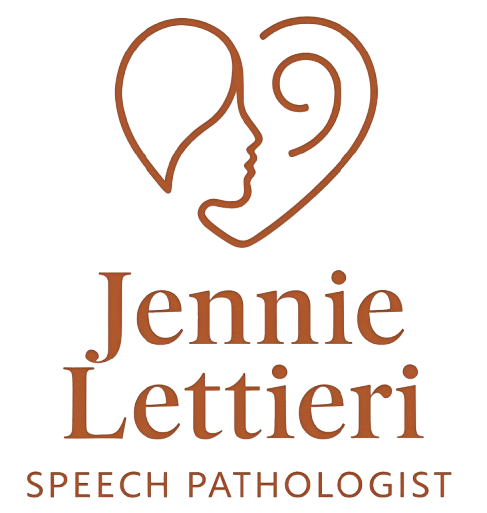Aphasia Defined Clearly:
Aphasia is a language disorder affecting speaking, understanding, reading, or writing. It commonly follows a stroke or brain injury in adults.
Early Signs to Notice:
Sudden trouble speaking, finding words, or understanding conversations are typical aphasia indicators. Prompt therapy helps maximize recovery.
Speech Therapy Goals:
The aim is to rebuild communication skills through personalised, evidence-based therapy. Sessions focus on what matters most to the individual.
Therapy Techniques Used:
Visual aids, repetition, gesture support, and alternative communication tools are often used. Therapy is adaptable based on progress and goals.
Involving Loved Ones:
Family involvement in sessions helps generalize skills into everyday life. Support networks are a crucial part of successful therapy.
Monitoring Progress Consistently:
Ongoing reassessments track communication improvements and adapt therapy as needed. This ensures relevance and motivation in therapy.
When to Seek Help:
If communication seems harder following a health event, early intervention is vital. Self-referrals and GP referrals are both welcome.
Life Beyond Aphasia:
Many people improve with the right support and patience. Therapy aims to restore independence, participation, and self-expression.



